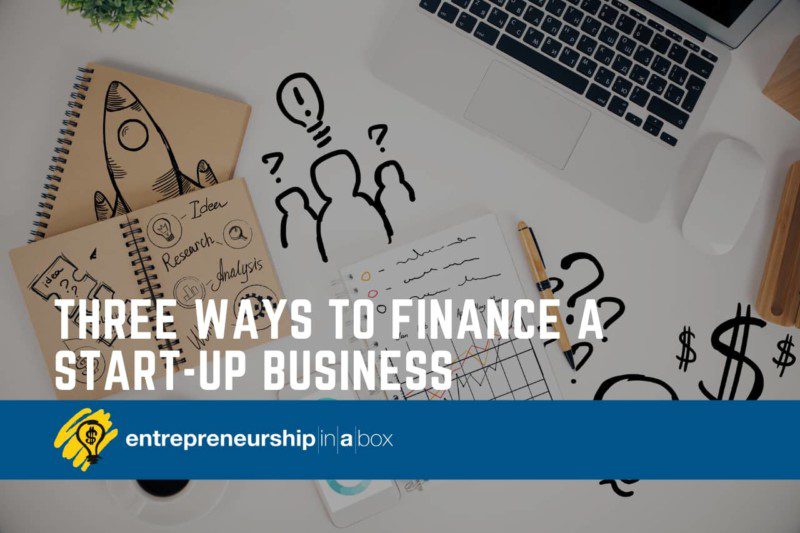The UK’s current economic climate is admittedly an unusual one in which to start a new business; high inflation and high interest alike are negatively impacting growth and leading to a potential recession. However, recessions can be a shrewd time to start up a business of one’s own.
Regardless of the present economic situation, the FSB indicates that small business ownership shrank relatively minimally, with around 5.5 million small businesses accounting for 99.9% of the business population. Of those, sole proprietorships account for 56%. If you were to join these ranks with your own enterprise, how might you safely secure the funding necessary to thrive in tough times such as these?
You’ve finally decided it’s time to launch your start-up business. And your dream of being your own boss has come true. Now, you need to finance your venture.
Small Business Loans
The most common way in which entrepreneurs new to business fund their efforts is by seeking a small business loan. Major banking institutions often offer favourable loans to small and growing enterprises, which enable business leaders to make key investments in infrastructure and expansion.
Of course, small business loans also need to be backed up financially for a bank to agree to them. Traditionally, this will involve the ‘securing’ of the loan through putting up assets as collateral; in the event that your business fails to meet the terms of the loan, the bank can seize these assets as recompense. Some newer lenders, though, have unsecured loans that do not require assets as collateral. The higher risk for the lender is offset by a higher rate of interest.
Personal Savings
Another common route for brand-new enterprises is to finance growth via personal savings. Business loans can often come with a relatively high barrier to entry, and – as illustrated earlier – a surprising majority of new business enterprises in the UK are sole proprietorships with proportional start-up costs.
If you are aiming to create a new business as a sole proprietor, you may be able to finance your business simply by saving money shrewdly. Sequestering money in a tax-free ISA can allow you to grow your savings expeditiously, and afford key growth elements without having to become liable for the debt.
✋ Warning
💰 Want to build a successful startup without breaking the bank? Learn the secrets to saving money while growing your business! 🌟
Crowdfunding
In a new commercial landscape – and a society more connected than ever before – new and more direct ways of funding a new business have emerged. One of these methods sees enterprises reaching out to investors or even their customer base directly, in order to solicit donations towards a central financial goal.
This method is called crowdfunding and became a popular method of early business investment thanks to the success of platforms like Kickstarter. These platforms allow businesses to fundraise for runs of products or for specific growth ambitions, with perks and rewards given out according to the size of the donation.
However, crowdfunding as a principle is also used in a less commercial sense, where pools of investors are matched with pools of enterprises to buy shares of a business. This method allows investors to expand their finances with a spread of risk and allows businesses to garner significant support from a wide base of investors.





